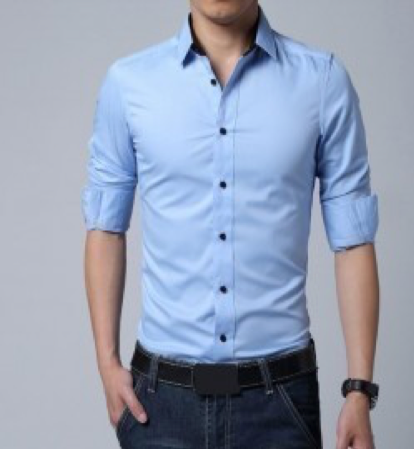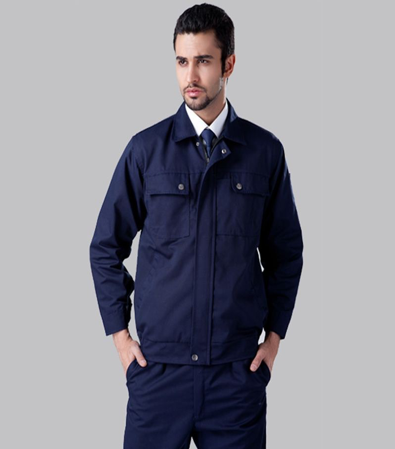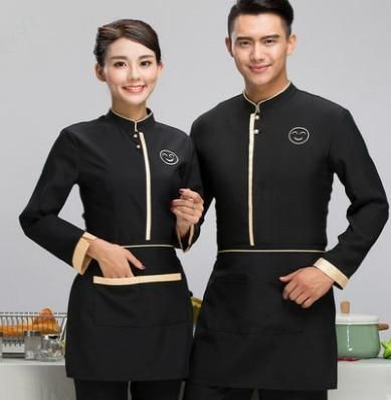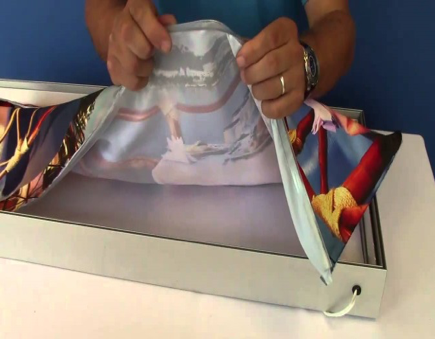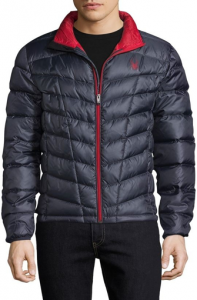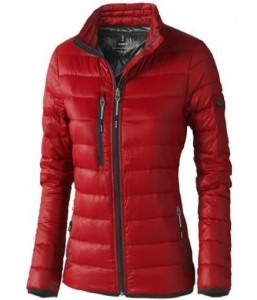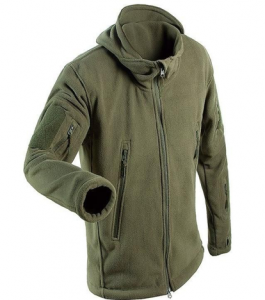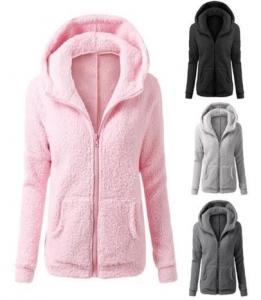Polyester
Polyester is the most commonly used synthetic fiber. Fabrics made from polyester fiber have good elasticity, wrinkle resistance, shape retention, excellent wash-and-wear performance and durability, and so on, so that it is widely used in all kinds of apparel fabrics.
As polyester is melt-spun – this process allows the fibers to be made in different shapes and sizes for specific applications. Chemists can now alter the size and shape of polyester fibers to look and feel more like natural fibers. Ultra-thin microfibers can give polyester a smoother, softer feel than the polyester of twenty years ago.
Characteristics of Polyester Fibers and Products
- Resists abrasion (but can “pill”)
- Very resilient (springs back into shape)
- Resist wrinkling
- Very high heat can “melt” the fabric
- The right amount of heat can be used to permanently “heat set” a crease or pleat
- Easy to wash and wear
- Does not absorb water (can be uncomfortable when worn next to the skin in warm weather unless loosely woven)
- Dries quickly
- Attracts static electricity which also attracts dirt and lint
- Although they do NOT absorb water, they DO absorb oil and grease. This means synthetics
- resist soiling, but once an oil-based stain soaks in, it can be difficult to clean.
- Strong fiber
- Polyester does not absorb water, but it can be produced in such a way (as in polypropylene and microfibers) as to “wick” water away from the skin
- Its hydrophobic property makes it ideal for garments and jackets that are to be used in wet or damp environments






